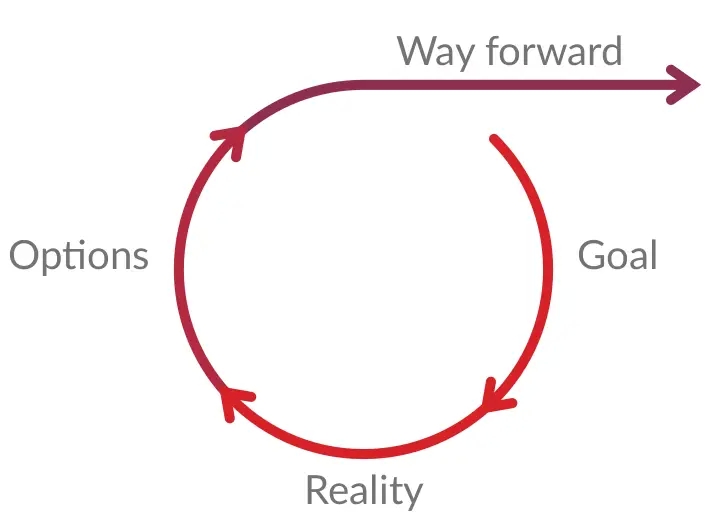
Pain is a multifaceted and complex experience that affects millions of people worldwide. For those dealing with chronic pain, finding lasting relief can often feel like an elusive goal. However, in recent years, the integration of precision medicine into pain management has emerged as a groundbreaking approach, offering tailored solutions to individuals on their pain journeys. By blending both art and science, this approach not only enhances the effectiveness of treatments but also helps healthcare providers gain a deeper understanding of the complexities of pain. Dr Lauren Papa has been at the forefront of utilizing precision medicine to offer more personalized and targeted pain relief.
Understanding the Complexity of Pain
Pain is not a one-size-fits-all experience. It is influenced by a wide array of factors, including physiological, psychological, and social elements. Traditional pain management often relies on generalized strategies, using a standard set of interventions to address symptoms. While these treatments can provide relief for some, they can miss the unique elements that contribute to an individual’s pain experience. Precision medicine seeks to bridge this gap by taking a more personalized approach that accounts for the biological makeup, lifestyle, and psychological perceptions of each patient. By recognizing these nuances, Dr. Lauren Papa can tailor treatment plans to meet the specific needs of each patient, enhancing the chances of successful pain management.
The Role of Data and Technology
A central component of precision medicine in pain relief is the use of advanced data and technology. With the rise of tools like genetic testing, advanced imaging techniques, and wearable devices, healthcare providers can gain valuable insights into a patient’s pain profile. Dr. Lauren Papa utilizes these modern advancements to help her patients receive the most relevant and effective treatments. For example, by analyzing genetic markers and biomarkers, providers can identify which medications or therapies may work best for specific individuals. In some cases, certain medications might be more effective for those with particular genetic profiles, allowing for more targeted and precise therapeutic interventions. Additionally, wearable technology can continuously monitor a patient’s pain levels, activity, and other critical metrics, offering real-time data that allows for timely adjustments to treatment plans.
Crafting Individualized Treatment Plans
Once Dr. Lauren Papa has a comprehensive understanding of a patient’s unique pain profile, she can craft a customized treatment plan that incorporates a mix of therapies. These treatments may include medications, physical therapy, acupuncture, mindfulness practices, and lifestyle changes. By tailoring each approach to the specific needs of the patient, Dr Lauren Papa ensures that the plan addresses not only the symptoms of pain but also its root causes. For example, a patient suffering from neuropathic pain might benefit from a combination of medication and cognitive-behavioral therapy, while someone dealing with inflammatory pain could require a blend of physical therapy and dietary adjustments. This personalized approach increases the likelihood of successful pain relief while also empowering patients to take an active role in their recovery process.
The Psychological Dimension of Pain Management
Pain relief is not just a matter of physical treatment—it also involves addressing the psychological aspects of pain. Chronic pain often affects mental well-being, and techniques such as mindfulness meditation, cognitive-behavioral therapy, and stress reduction can significantly improve the patient’s experience. Dr. Lauren Papa integrates these psychological modalities into her treatment plans to help patients build resilience and develop coping strategies. By addressing both the physical and mental components of pain, Dr. Lauren Papa helps her patients navigate their pain journeys more effectively, improving both their emotional and physical well-being.
A Collaborative Approach to Pain Relief
The successful application of precision techniques in pain management relies on collaboration between healthcare providers, patients, and caregivers. Dr. Lauren Papa fosters open communication and shared decision-making, allowing patients to play an active role in their treatment. By working together, the art and science of pain relief can unfold, leading to more effective outcomes and a higher quality of life for those experiencing chronic pain.
Conclusion
The integration of precision medicine into pain management is transforming how chronic pain is treated. With a focus on personalized care, data-driven insights, and a comprehensive approach that addresses both physical and psychological aspects, Dr Lauren Papa is helping her patients experience lasting pain relief. By crafting individualized treatment plans and fostering collaboration with her patients, Dr. Lauren Papa offers hope for those struggling with chronic pain, improving their overall quality of life through a more tailored, effective approach.
The Art and Science of Precision in Pain Relief with Dr. Lauren Papa
Categories:

